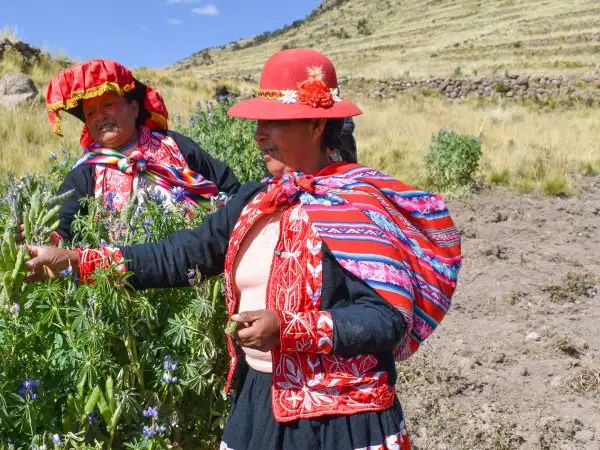Summary of CAFOD's report on international climate finance
Climate change is laying waste to the world around us. Whether it’s more severe natural disasters, famines, water scarcity, decreasing biodiversity, or people being forcibly displaced from their homes, the climate crisis impacts everyone, everyday – though not to an equal extent.
Heeding the calls of our partners in climate-vulnerable countries (CVCs) and drawing on Catholic Social Teaching, we put forward several changes to the global economic architecture. These are aimed at increasing the resources available to, and autonomy of, these countries, enabling them to tackle the challenges the climate crisis has created.
To mitigate and adapt to climate change, CVCs will need enormous resources. The Intergovernmental Panel on Climate Change, the UN's top climate science body, has calculated that the sum of money ‘developing countries’ will need could be up to $5.9 trillion before 2030.





